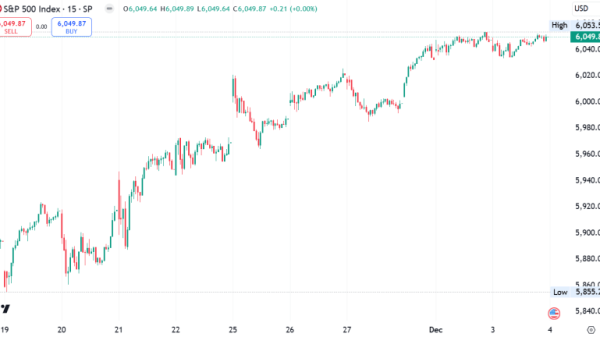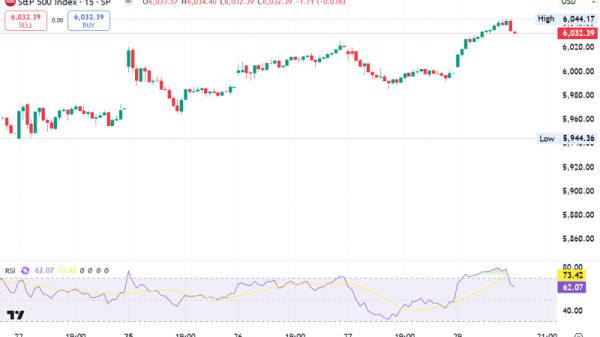WASHINGTON (Reuters) – U.S. import prices fell by the most in nine months in September amid decreases in the costs of energy products and food, which bodes well for the domestic inflation outlook.
Import prices slipped 0.4% last month, the biggest drop since December 2023, after a revised 0.2% decrease in August, the Labor Department’s Bureau of Labor Statistics said on Wednesday.
Economists polled by Reuters had forecast import prices, which exclude tariffs, would fall 0.4% after a previously reported 0.3% decrease. In the 12 months through September, import prices dipped 0.1% after increasing 0.8% in August.
Government data last week showed slightly firmer consumer prices in September. While producer prices were unchanged last month, some components showed strength, which was expected to translate into a higher monthly readings in the key inflation measures tracked by the Federal Reserve for its 2% target.
The U.S. central bank is expected to cut interest rates again next month, but by a smaller 25 basis points against the backdrop of a resilient economy.
The Fed launched its easing cycle with an unusually large half-percentage-point reduction in its policy rate to the 4.75%-5.00% range in September amid growing concerns about the labor market. It hiked rates by 525 basis points in 2022 and 2023 to combat a surge in inflation.




































